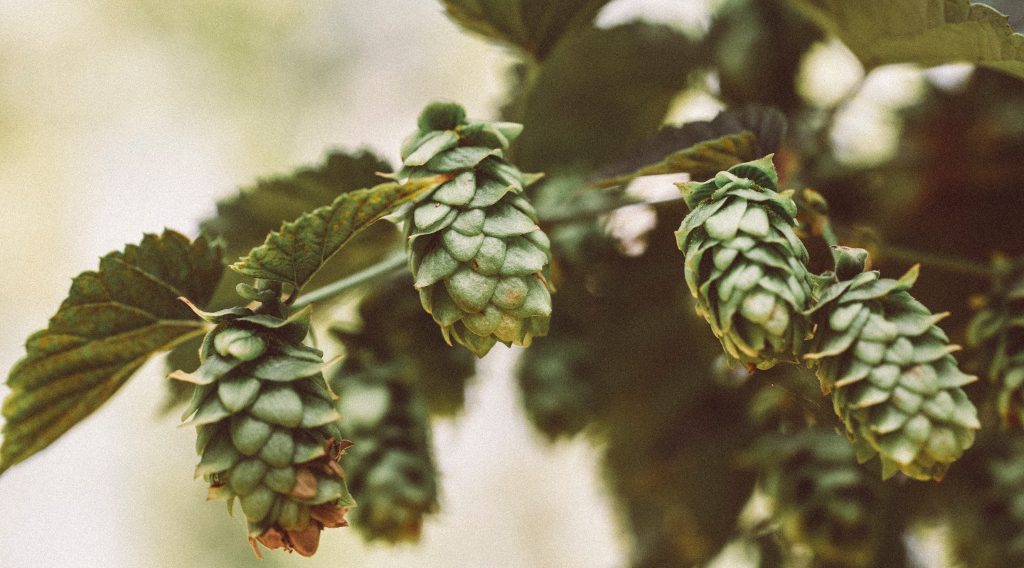You know that little number you sometimes see on the back of a can of IPA? In short, it stands for International Bitterness Units and IBUs are one of the ways that the brewing world quantifies the level of bitterness in a beer.
The backstory: Beer needs a couple basic components to taste like… beer. There is the sweetness and flavours from the malt, like the bready/toasty/caramelized aspects, and there is also bitterness from the hops to balance out the malt. Without bitterness, beer would be very unbalanced, sweet, and clumsy. Even the most malty beers in the world have some degree of bitterness to level out the flavours.
IBUs are measured on a scale of 0-100, although it’s unlikely you’ll see one below 5 or over 100, since the human palate can’t really detect a difference past that. To give an example of a low bitterness style (5-15 IBU) think of a light American Lager or a German Weissebier. An example of higher IBUs (in the 50-80 range) would be an American IPA or a dark, Imperial Stout.
Important: while bitterness is extremely important to your beer experience, it is not the same thing as hoppiness. Hops are added at various points in the production of beer. The further down the process that hops are added, will give different qualities to the finished beer. Hops added early in the boil provide much of the bitterness (IBUs) that we’ve been talking about. Later in the process will give the actual flavour of hops and later still, in the case of “Dry Hopping”, the aromas associated with hops. Depending on when the hops are added there will be big differences in what you experience.
For example, a light pale ale could have 25 IBU (not that bitter) but could have so many late addition hops, that it’s completely bursting with tropical citrus aromas and flavours (aka very hoppy).
Do you have questions about wine, beer or spirits that you’d like us to answer? Send your questions to online@bishopscellar.com to be featured in a future segment!

